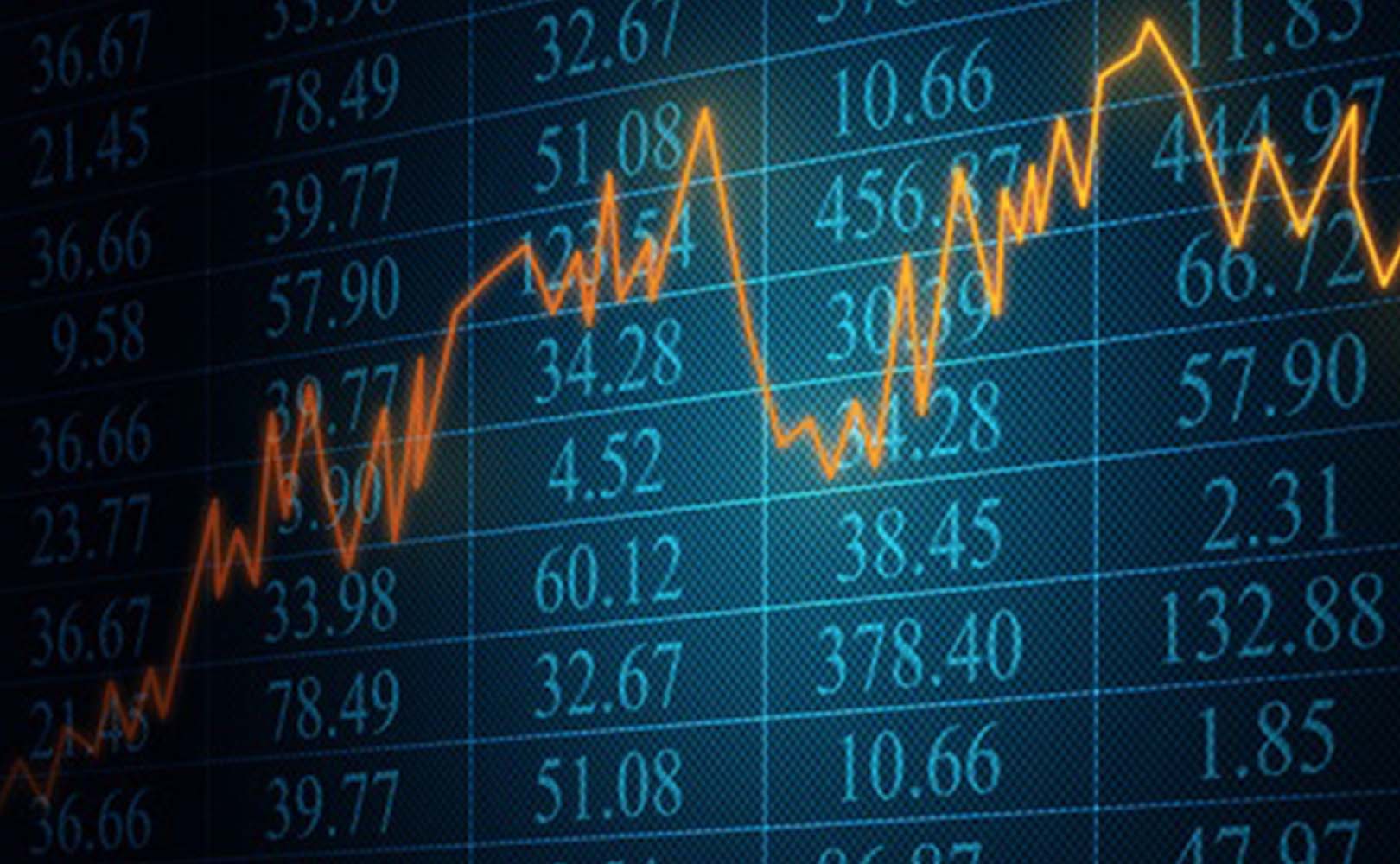The 2020 election is arguably one of the most important elections in a lifetime. Much is at stake: management of the pandemic, the economy and on-going racial strife, trade relations with China, and election integrity and its impact on our democracy. Many investors are wondering how this election might impact the stock market.
Just as the economy is not the stock market, it’s also false to believe that the party in the White House has a large impact one way or another on the stock market. There is a popular misconception that Republican administrations are more favorable to the stock market given their pro-business, low-tax stance historically. Here’s what the data actually shows:
- The stock market performs better under Democrats than Republicans. Jeremy Siegel studied this topic in his investing classic Stocks for the Long Run. It is widely assumed that Republicans are more favorable for the markets than Democrats because many of their policies are more favorable to stocks and capital formation. However, markets have actually fared better when Democrats have been in power. From 1888-2012, the Dow Jones Industrials index returned 6.8% annually, net of inflation, during Democratic presidential terms as compared to 6.4% annually during Republican ones. The trend is even more marked during more recent years. From 1952 to June 2020, real stock market returns averaged 10.6%/year under Democrats vs. 4.8%/year under Republicans. However, this data does not imply cause and effect. The stock market is driven more by business cycles than by political administrations.
- Presidents don’t control the stock market. Furthermore, given that the US has a three branch democratic government, no President, be they Democrat or Republican, has that much power over the economy or markets. This is particularly true if they face a Congress dominated by the other party or split between parties. Our political system was designed with thoughtful checks and balances to prevent any one person from having too much power. What really drives the markets is the economy and the ability of companies to grow and sell their products and services. As long as our government doesn’t impede the functioning of our economy, companies should continue to grow and the stock market can continue to function as a value creating and capital formation mechanism.
- Markets don’t like uncertainty. Uncertainty causes both higher volatility in the markets and for a more extreme discounting of the future, which leads to bigger swings and downward pressure on prices. As a result, until we have clarity as to election results, the stock market is likely to remain volatile and those stocks that have had the biggest run-ups (i.e. tech stocks) likely to see the biggest drops.
While emotions might run high about the election, it’s important to separate our emotions from our investment decisions as there is a whole field of study called behavioral finance that studies how our emotions cause us to make poor investment decisions.

